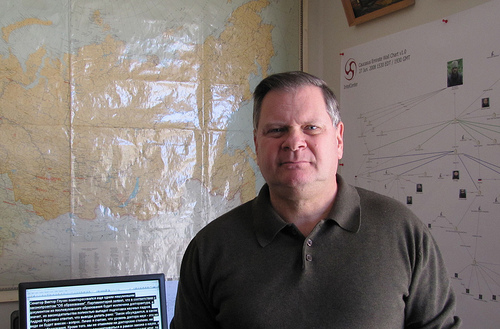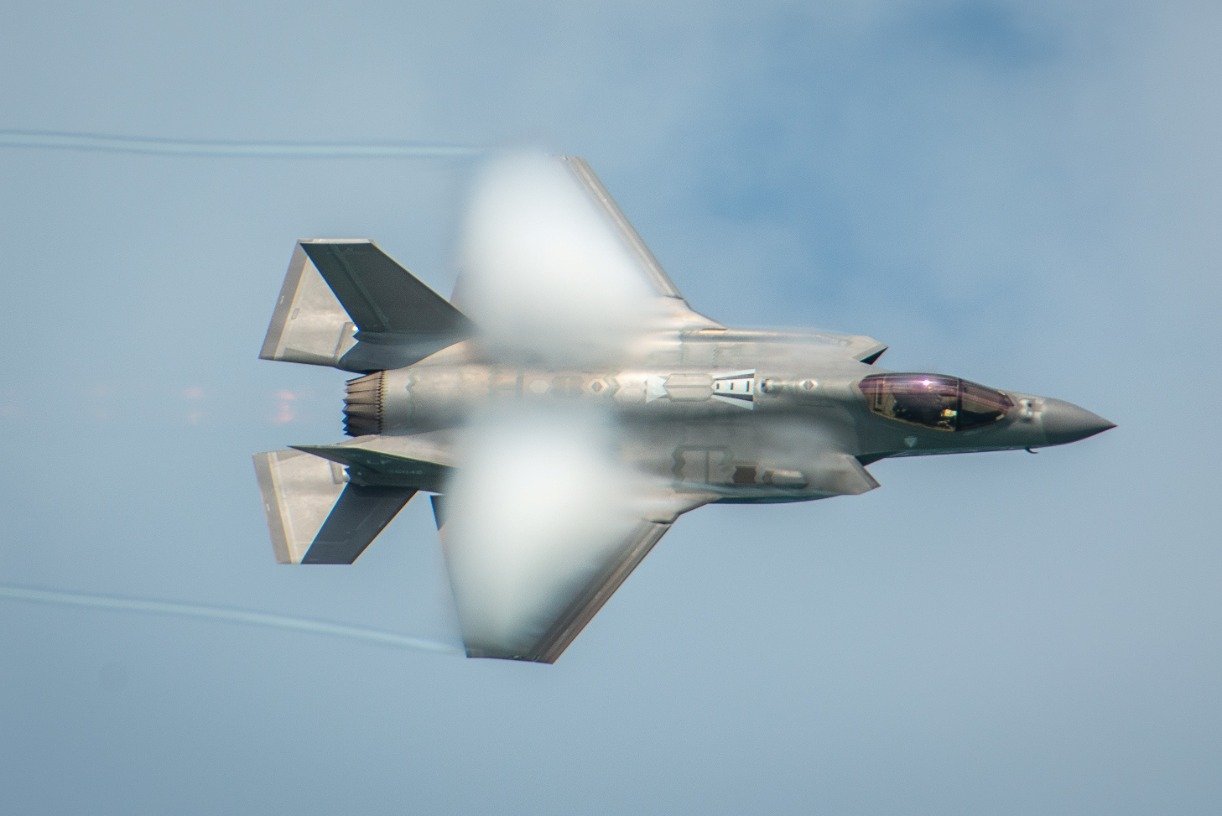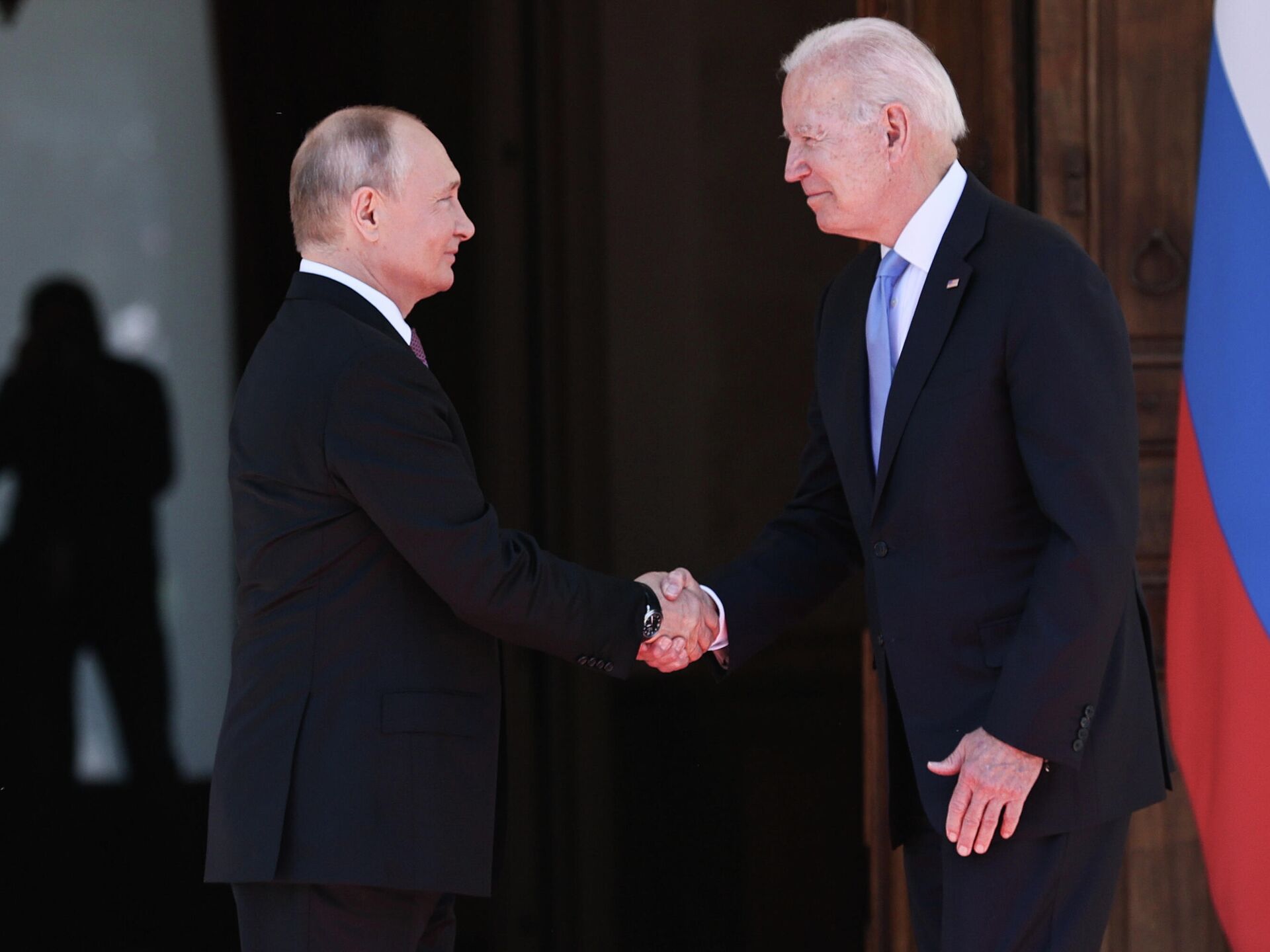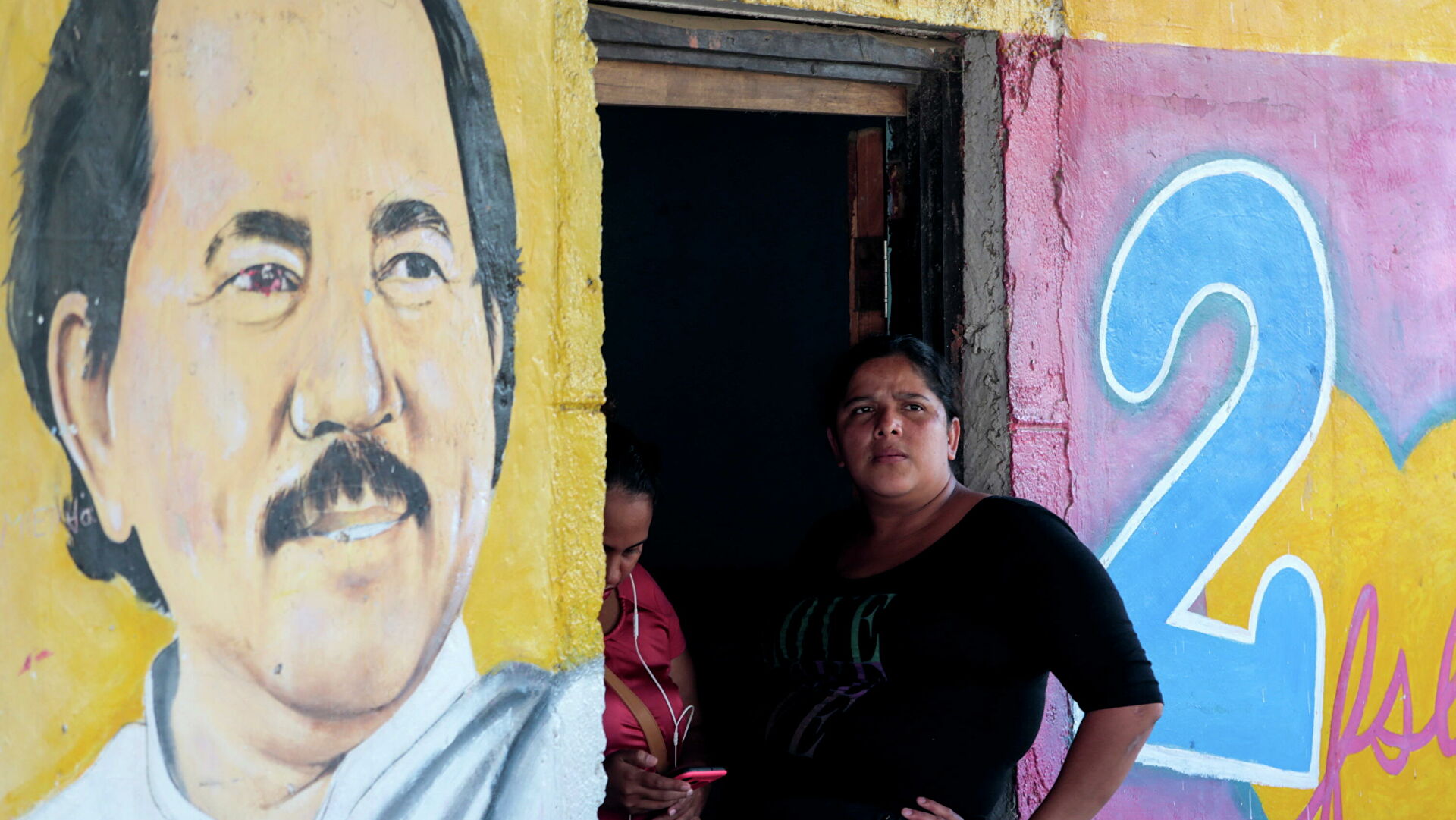
Gordon M. Hahn
Gordon M. Hahn is Senior Associate, Center for Strategic and International Studies (CSIS), Washington, D.C. Senior Researcher and Adjunct Professor, Monterey Terrorism Research and Education Program, Monterey, California
Russian Meddling
Moscow has been meddling in Russian politics for years. It has sent ‘political technologists’ to help its preferred party win in Ukrainian elections. Russian President Vladimir Putin has met with preferred Ukrainian candidates on the eve of elections to show his support. Although not as often or completely as most Western analysts claim, Russia has used the natural gas prices and supplies as well as allied eastern Ukrainian oligarchs to influence Kiev’s politics.
As the Ukrainian choice approached on whether to sign the cooperation agreement with the EU in Vilnius on November 29, some highly placed Russian officials issued economic and trade threats, and several Russian government agencies put bans on imports of some Ukrainian products. This pressured Ukrainian President Viktor Yanukovich to change his decision to sign the EU agreement, which he ultimately did, sparking the recent mass protests in Kiev. Russia has been lobbying Ukraine to join the Customs Union and ultimately a Eurasian Economic Union, Moscow is keen on in order to maiximize its influence in the post-Soviet, Eurasian space.
Western Meddling
Russia, unfortunately, has not been alone with regard to such meddling. The EU’s Eastern Partnership Program has been a tool for weaning Ukraine away from Russia’s orbit of influence for years. Russia was not included in the EPP. Poland, especialy intensely anti-Russian elements within Polish government and society have been the most insistent on bringing Ukraine into the EU. Lvov, a hotbed of Ukrainian nationalism (both moderate and anti-Semitic and anti-Russian extremist alike), and much of western Ukraine were once part of Poland.
Few want to recall now, but the West was very keen on Ukraine joining NATO until just a few short years ago. There should be no doubt that if Ukraine joins the EU after several difficult years of economic stabilization and legal reform, the next step will be efforts to bring it into NATO. I have argued for years that Moscow’s main problem with Western influence in post-Soviet countries has not been the democratization or economic transformation it presumes, but rather the coupling of this benign influence with the expansion of the strongest military bloc in world history to Russia’s borders without any serious efforts to entice Russia to join that bloc; a process ongoing since the mid-1990s against Moscow’s will and national security interests. This dynamic led to war in South Ossetiya in August 2008, and it culd do the same in Ukraine.
Both before and after the November 29th signing of the agreement, Western politicians also issued pronouncements calling on Kiev to sign; sometimes in explicitly anti-Russian terms. Especially glaring has been the direct participation of EU, Polish, German and Georgian politicians in the Ukrainian opposition’s recent marches and demonstrations.
Mutual Hypocrisy
The hypocrisy reflected in this meddling is appalling. Western and Russian elites make demands on Kiev and Yanukovich. The demonstrators in Kiev meanwhile have made some reasonable and some less reasonable demands. Reasonable demands include bringing those responsible for the special forces’ brutality against protesters to justice and arguably for signing the EU agreement. Afterall, Yanukovich is the one who held out the EU prospect as an answer to Ukraine’s problems for more than a year and then yanked it away unilaterally and without a proper explanation to the people about why this was done.
Less reasonable are the demonstrators’ calls for immediate elections. Yanukovich is the legally elected president, and the parliament is the legally elected parliament. In the wake of the initial protests and the Berkut security forces brutal night time attack on demonstrators on Maidan last week, parliament rejected to support a ‘no confidence’ vote in the government.
Perhaps more grevious than the meddling and hypocrisy has been Yanukovich’s management of Ukraine’s granted delicate political and economic position. After dangling the hope of economic recovery and rule of law in the public’s face for more than a year, he snatched it away by not signing the EU agreement. He either ordered or allowed the Berkut security forces subordinate to him to brutally clear Maidan on November 29th. Then Yanukovich went hat in hand to Beijing and Moscow looking for loans; all this while his family and political clan have been raking in legally dubious profits privileged by patronage ties with him.
The Grave Threat
All of the meddling, however, inevitable after the process of NATO expansion began in the mid-1990s is extremely dangerous. An important thus far subterranean aspect to the crisis in Ukraine that is about to come to the fore if and when violence begins are the country’s ethno-national and geographical divisions. Ethnic Russians make up about 17 percent of Ukraine’s population and primarily Russian-speakers comprise 30 percent of Ukraine’s population. In the eastern provinces, some bordering Russia, Russians and Russophones make up the overwhelming majority of the population. Many of them never wanted to be part of an independent Ukraine, preferring to be in a Russian state. Russian-Ukrainians make up the largest group of some 25 million ethnic Russians cut off from there mother country after the Soviet Union’s collapse in 1991. Besides the resulting identity confusion, the now international border requires them to get passports in order to travel to visit relatives and friends or go on vacation in Russia.
In the east, primarily the Donbass and Crimea, many still identify more closely with Russia than with Europe, and they have economic interests in industries tied to the Russian economy. It is in the east that President Yanukovich, his government, and his Party of the Regions have their constituency. Therefore, if and when violence breaks out, it could easily evolve from partisan conflict into interethnic civil war and split Ukraine in two. Then there is the thorny issue of the Crimea, its disputed sovereignty issues, large ethnic Tatar and Russian populations, and Russian-rented Black Sea Fleet naval base. When internal conflicts become the plaything of external forces opposed to each other, violence becomes more likely and lasts longer. All this hovers over Ukraine as the country teeters on the edge of bankruptcy with tens of billions of dollars in debt.
What To Do
This is why both sides need to cease and desist in meddling or do it in a ‘novel’ way – however unlikely this may be – through negotiations together with Ukraine’s government and opposition. A legitimate majority, if not consensus need to be built; not division, tensions, and conflict. If Ukraine and Russia were harsh authoritiarian regimes perhaps the present, more forward Western approach would be justified.
What is missing from the demands of the protesters, the West, and Russia is a truly democratic resolution of the problem: a referendum on whether Ukraine should sign the EU agreement. If the the majority is opposed to moving in the direction of Europe or Russia, then it can vote so. It is odd that neither the democratic West nor fraternal Slavic Russians have urged this on the Ukraine that both sides assert they care so much about. If they had, this crisis very 19th century style geopolitical power struggle might have been avoided. If it is not about strengthening one side’s power at the expense of the other in a zero-sum game and has nothing to do with ‘19th century geopolitical thinking’, then let the Ukrainians be Ukrainians and decide themselves.
The referendum could even include a question on whether or not to hold next year the emergency, mid-term elections demanded by the opposition. If the the majority is opposed to the present parliament, government and president, then it can vote them out of office beginning in 2015 anyway. Meanwhile, perhaps the West and Russia could put together an emergency package of assistance to get Kiev through the crisis they themselves have played no small part in creating.



_jpg/250px-ElbeDay1945_(NARA_ww2-121).jpg)









